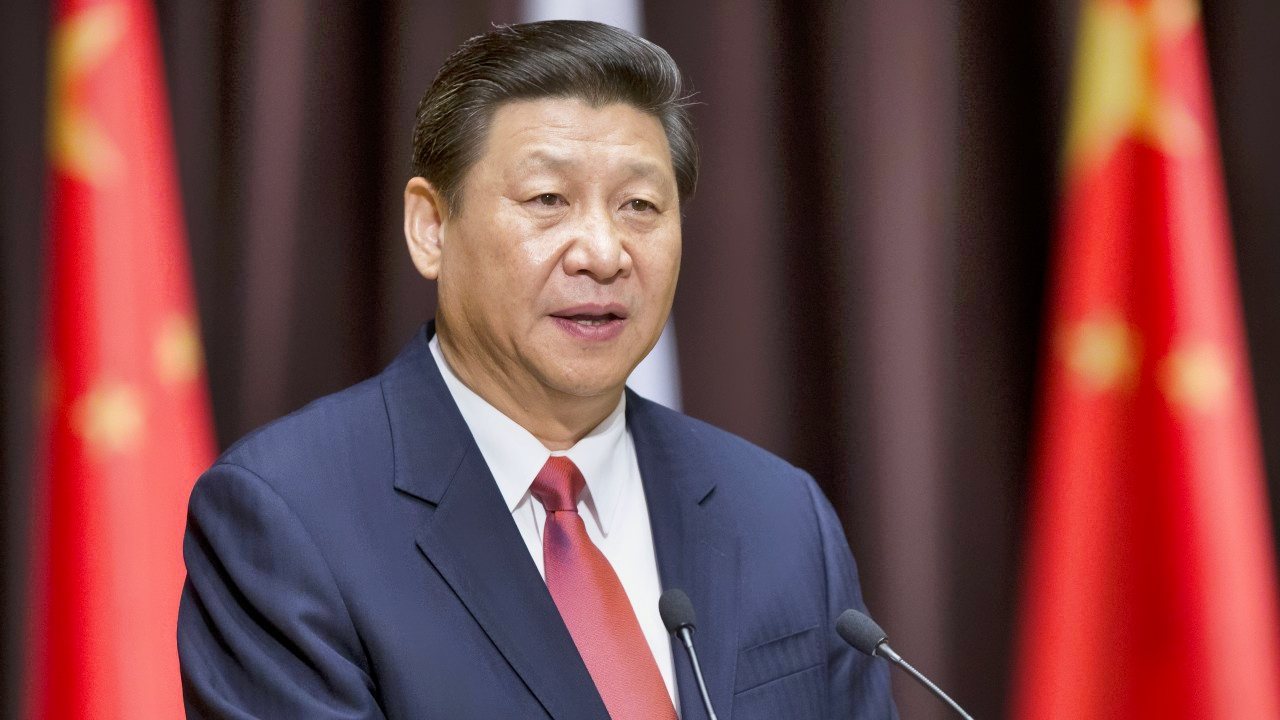China's Demographics Crisis Could Mean No Superpower Status
A nation and its attendant economy are only as strong and great as its population base. A key factor undergirding that population is a nation’s total fertility rate. And China is one of the leading nations in the fertility collapse. In fact, it has long been speculated that China is slated “to get old before it gets rich.”
A nation and its attendant economy are only as strong and great as its population base. A key factor undergirding that population is a nation’s total fertility rate. And China is one of the leading nations in the fertility collapse. In fact, it has long been speculated that China is slated “to get old before it gets rich.”
Of course, demography can be destiny.
At the same time, however, the Chinese fertility rates and their demographic woes are not that different from many of the demographic declines that most modern nations are facing today.
Demography is Destiny for China?
In all modern nations, fertility rates among native-born people drop well below what demographers refer to as the societal replacement level. That is the lowest threshold above which countries must remain if they intend on passing their culture on to the next generation.
As the conservative columnist, Mark Steyn, has observed of immigrants – a group that usually has higher fertility levels than native-born persons – the children of immigrants start to have lower fertility and birth rates than their immigrant parents did.
By the third generation, the demographic profile of those descendants of immigrants mirrors that of native-born persons.
For Steyn, then, it is not merely a question of culture or even regime type. It is a matter of modernity.
Demographers like political economist Nicholas Eberstadt have speculated that the more advanced a nation becomes, the more expensive things get. Add in those costs with the fact that in most modern nations women do not simply remain barefoot and pregnant. They go out and lead their own lives as much as the men in their society do. Because women are focused on educational and professional attainment in these modern societies, therefore, they wait to have babies.
The longer they wait to have children, though, the harder it will be for those women to have large families (because of their biological clocks). Plus, things like education are expensive, meaning that the greater debt load individuals have, the longer they will delay family formation.
In modern societies, educational standards are always increasing. So, even in modern nations that cover the cost of tuition for students, the time it takes to complete increasing levels of education automatically delays family formation and, therefore, how many children will be born into the next generation.
Mao’s Awful Natalist Legacy
Take these patterns of most modern nations – despite what China’s leaders tell the world, China is an advanced nation – and amplify that with the truly awful government natalist policies that have come from China’s communist regime since the bloody days of Mao Zedong.
For example, in the 1970s, China instituted its “One-Child” policy.
Believing the now debunked theories of people, like 17th century demographer Richard Malthus and the modern Stanford professor, Paul Ehrlich, Mao worried that China was going to lead the world in overpopulation. So, he sought to use the force of his government to alter his people’s behavior by punishing parents who dared to have more than one child.
Anyone who did have more than the proscribed one child was subject to forced abortions and/or forced sterilizations by overzealous government authorities.
Because of China’s cultural inclination toward boys as opposed to females, Mao’s one-child policy not only became a major drag on China’s future economic prospects but also became a backdoor genocide of girls.
That erroneous policy was terminated in 2014.
But the damage had been done. At least one, maybe two, generations of Chinese were born that had fewer people in their cohort than the previous ones did. What’s more, there is now today a severe (and growing) imbalance in China between young men to young females.
With the current economic decline in China, many of these military-aged, hopelessly single, young men are unemployed.
China’s Demographic Crisis (and Opportunity?)
President Xi Jinping has started a program of mass recruitment to give these men jobs and to redirect their ire at having both insufficient employment opportunities as well as a lack of marriage prospects away from Xi Jinping’s government and toward China’s foreign enemies.
Meanwhile, many young Chinese men of means have looked northward, to Russia’s Far East, for marriage prospects, since Russia has an imbalance of young women to men. Marriages between Russian women and Chinese men are occurring at record rates today, linking the two anti-American Eurasian autocracies together by blood.

China’s demographics are terrible. It might very well be their undoing. However, every modern country today is struggling through massive demographic declines.
The current crop of middle-aged adults is set to retire in the next couple of decades. With few replacements coming behind them, China may well get old before it gets rich.
That is unless China does something radical to rejigger the geopolitical and geoeconomic map in their favor in the next few years. Which, I fear, Xi Jinping is doing just that.
About the Author
Brandon J. Weichert is a former Congressional staffer and geopolitical analyst who is a contributor at The Washington Times, as well as at the Asia Times. He is the author of Winning Space: How America Remains a Superpower (Republic Book Publishers), Biohacked: China’s Race to Control Life (Encounter Books), and The Shadow War: Iran’s Quest for Supremacy (July 23). Weichert occasionally serves as a Subject Matter Expert for various organizations, including the Department of Defense. He can be followed via Twitter @WeTheBrandon.


